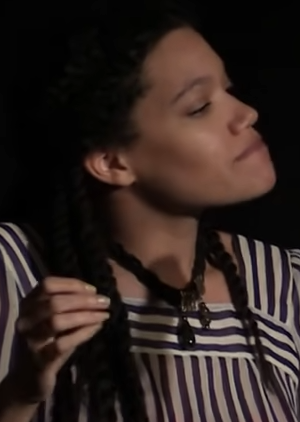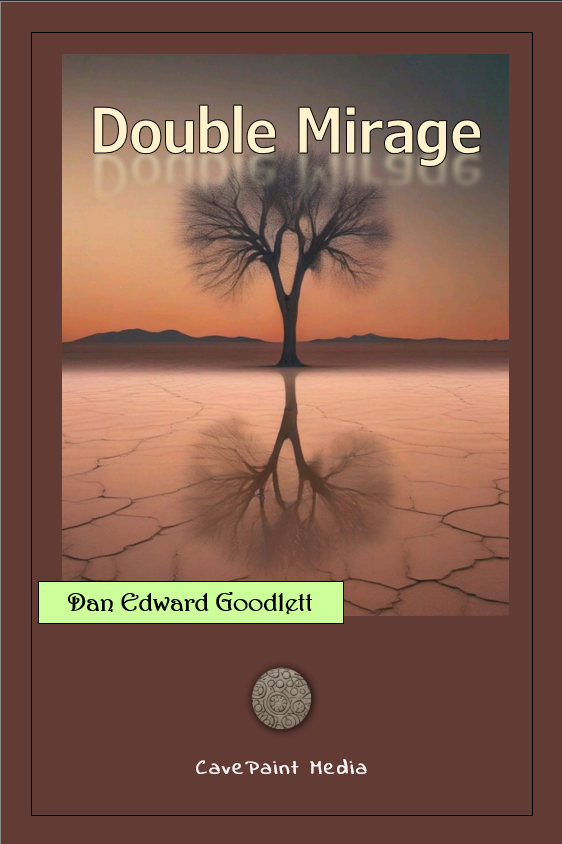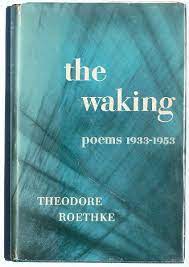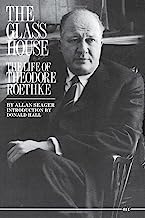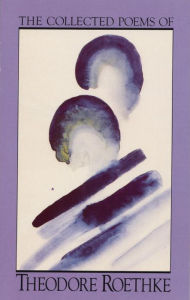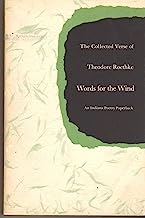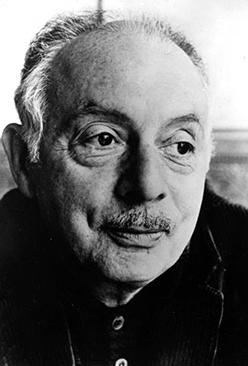
Learn from the best
get to know a poet
This Section will be Updated Regularly
Sylvia Plath
Born 1932 - Died 1963
Sylvia Plath was an American poet, novelist, and short-story writer, known for her vivid, confessional style and intense exploration of personal experiences. Born on October 27, 1932, in Boston, Massachusetts, she displayed a remarkable talent for writing from an early age.
Plath excelled academically and won numerous awards for her poetry. She attended Smith College on a scholarship and, in 1955, received a Fulbright scholarship to study at Cambridge University in England. It was during this time that she met fellow poet Ted Hughes, whom she married in 1956.
Her poetic career took off with the publication of her first collection, “The Colossus,” in 1960. Plath’s writing delved into themes of identity, death, depression, and the role of women in society. Her most famous work, “Ariel,” published posthumously in 1965, showcased her raw emotional depth and linguistic brilliance.
Despite her literary success, Plath struggled with depression and the breakdown of her marriage to Hughes. Tragically, on February 11, 1963, at the age of 30, she died by suicide. Her untimely death added to the mystique surrounding her work, and she became an iconic figure in literature posthumously.

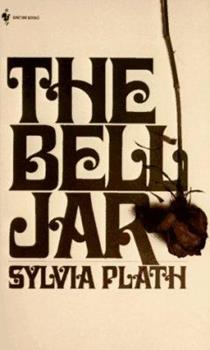

Crossing the Water
When I was nine, a lime-green anesthetist Fed me banana-gas through a frog mask. The nauseous vault Boomed with bad dreams and the Jovian voices of surgeons. Then mother swam up, holding a tin basin. O I was sick.

The Bell Jar
“To the person in the bell jar, blank and stopped as a dead baby, the world itself is a bad dream.”
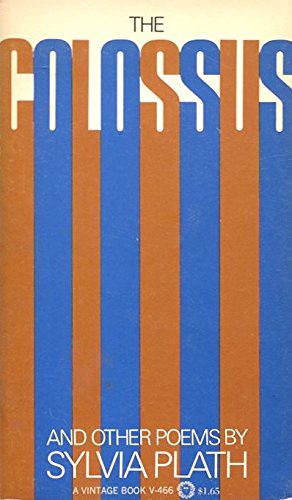
The Colossus
Snakecharmer
As the gods began one world, and man another,
So the snakecharmer begins a snaky sphere
With moon-eye, mouth-pipe, He pipes. Pipes green. Pipes water.
Pipes water green until green waters waver
With reedy lengths and necks and undulatings.
And as his notes twine green, the green river

Ariel
Lady Lazarus
I have done it again.
One year in every ten
I manage it——
A sort of walking miracle, my skin
Bright as a Nazi lampshade,
My right foot
A paperweight,
My face a featureless, fine
Jew linen.
Playlist







